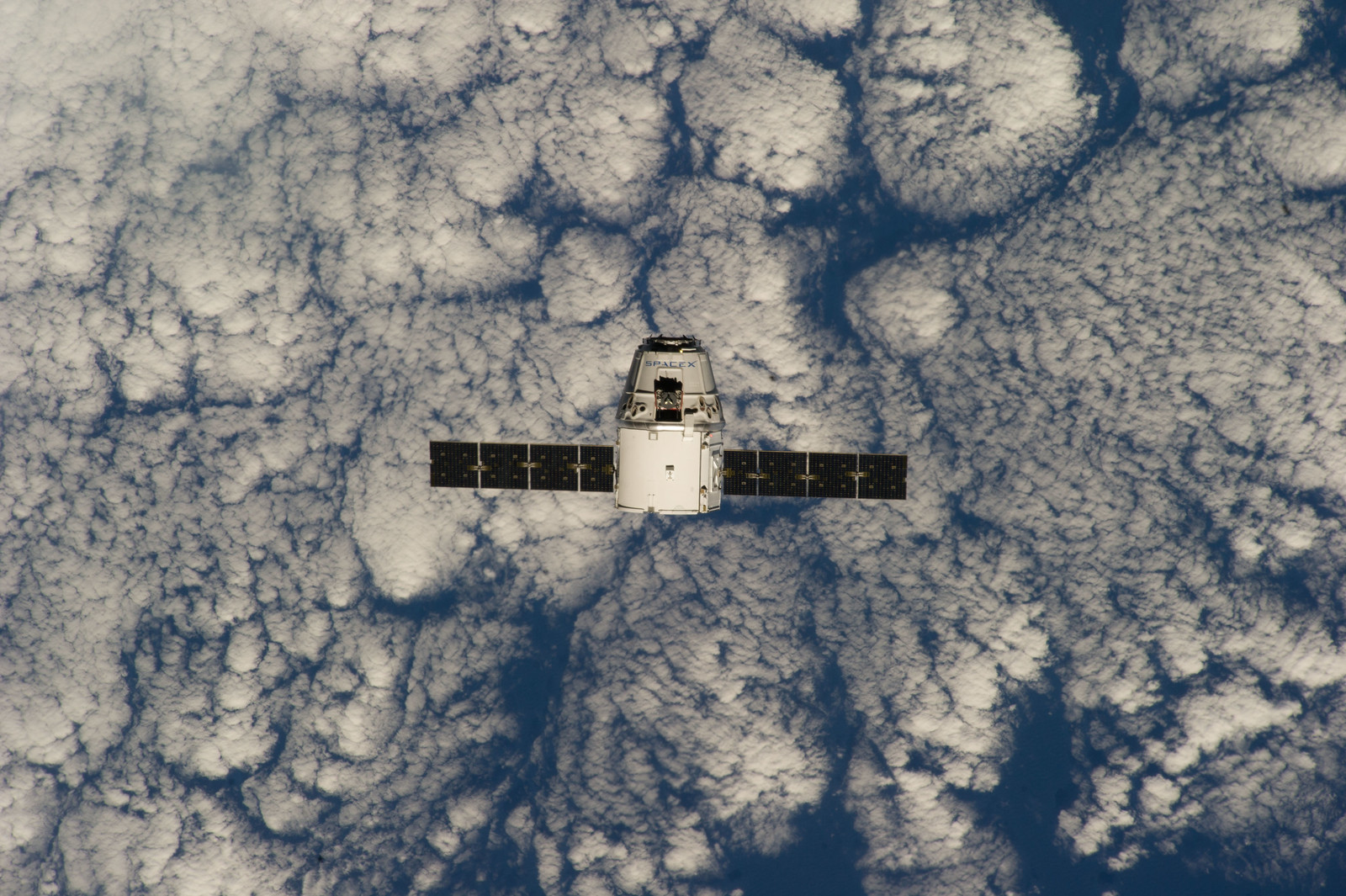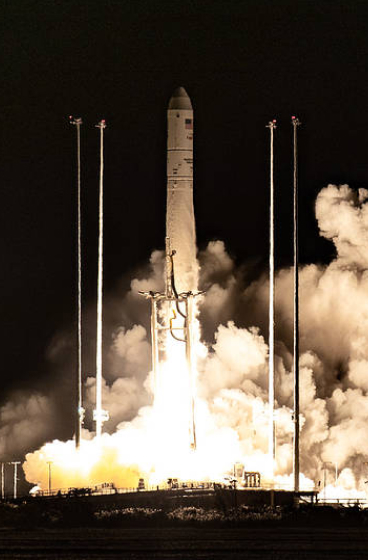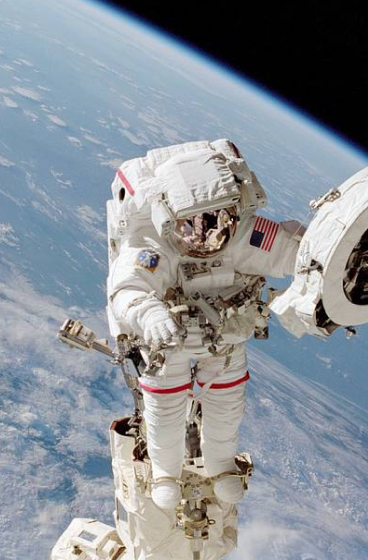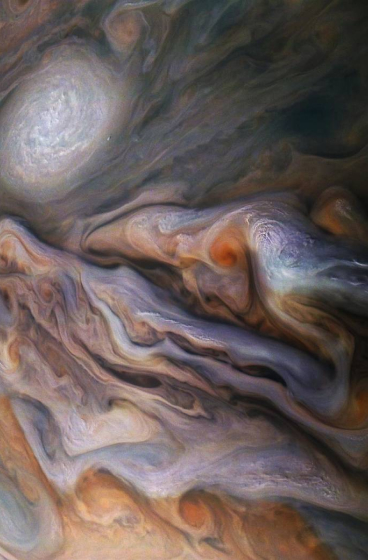Exploration Medical Technologies
Learn More about Exploration Medical Technologies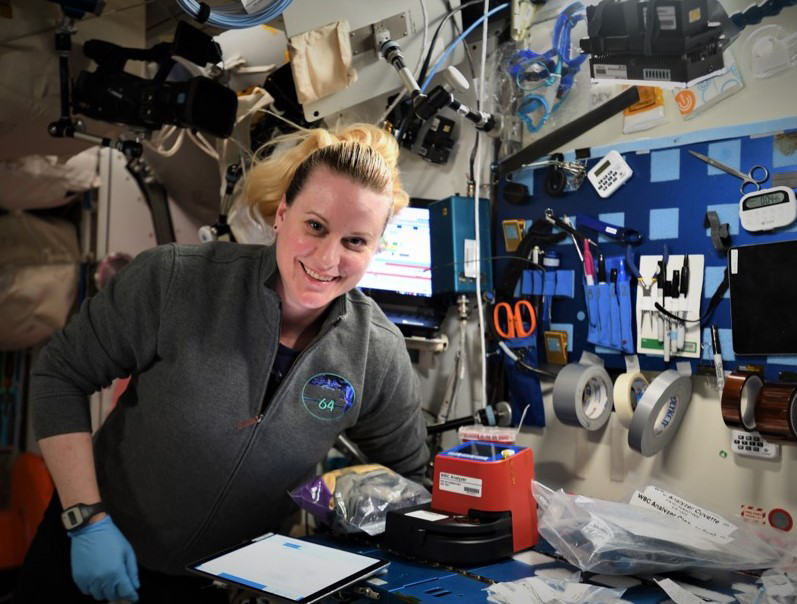
As NASA prepares to extend human exploration beyond low Earth orbit, the human research program is working to develop medical technologies for in-flight diagnosis and treatment. Identifying and testing medical care and crew health maintenance technologies is vital to providing capabilities for astronauts on long duration exploration missions.
NASA endeavors to advance medical system design and risk-informed decision making for exploration beyond low Earth orbit and to promote human health and performance in space.
Delve Into Selected Projects
Medical devices needed for diagnosing and treating medical conditions that are expected to occur during spaceflight missions may include real-time health monitoring, medical imaging capabilities, as well as blood, urine, and saliva analysis. Terrestrial medicine shares many of these same needs as spaceflight medicine, and we frequently assess and evaluate Commercial-Off-The-Shelf (COTS) devices and methodologies; however, in some cases we need to customize or develop technologies to meet the unique challenges of space environments.

IV Fluid Generation
A system to generate sterile intravenous fluid optimizes resource utilization on long duration missions.
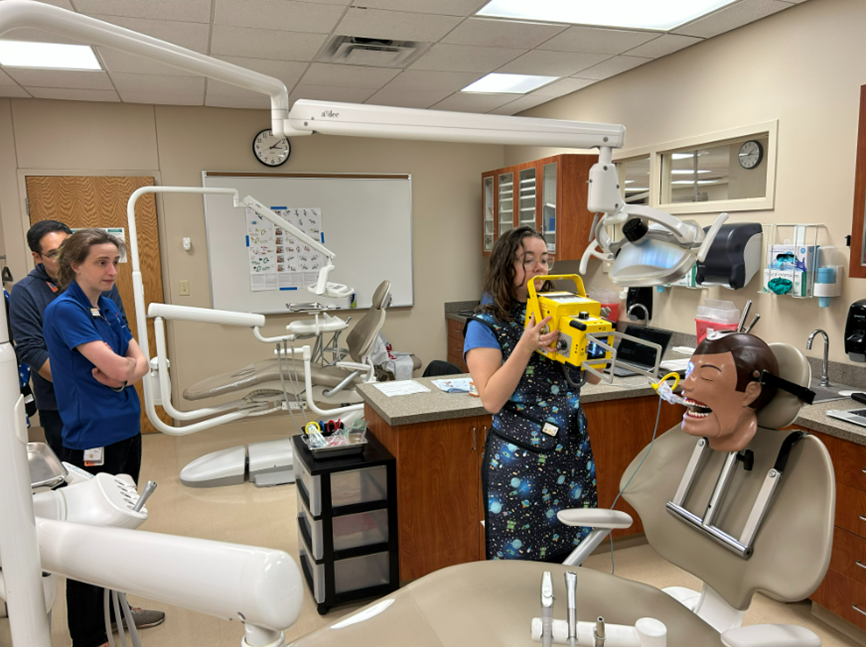
Miniature X-ray Systems
Evaluating the viability of small portable x-ray systems for exploration missions.
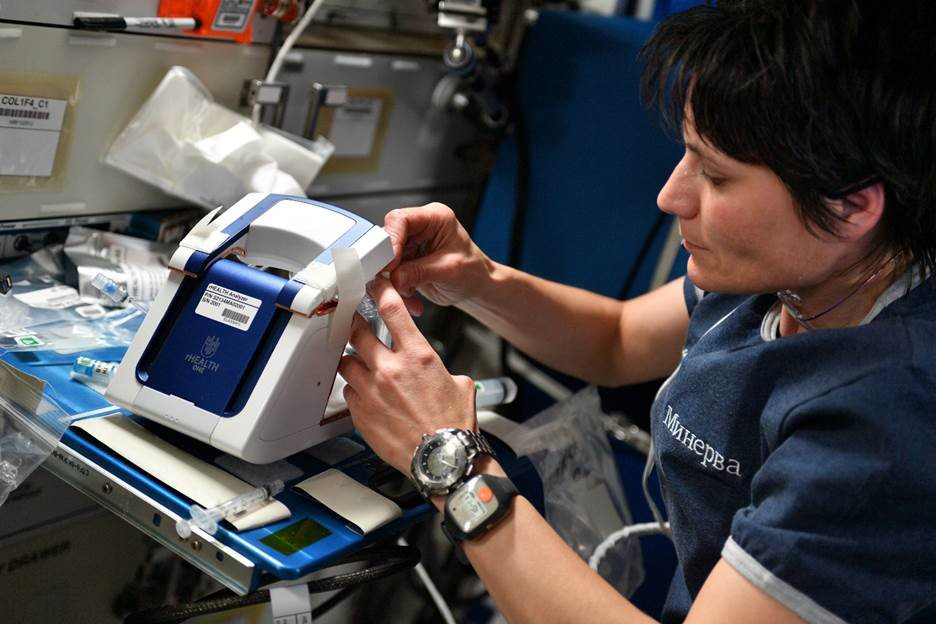
Multifunctional Integrated Medical Devices
Evaluating how medical devices that incorporate multiple capabilities, like vital signs monitoring and ultrasound, into a single system may benefit exploration missions.
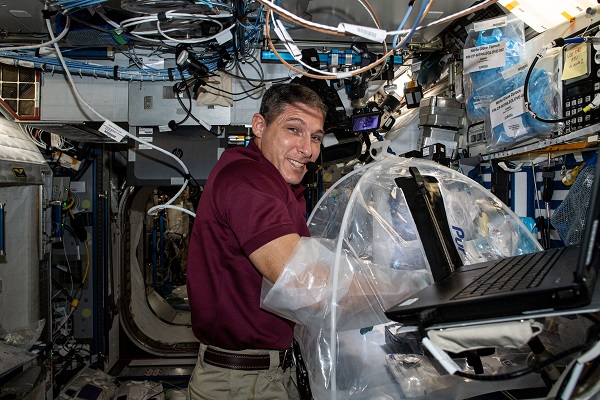
In-situ Lab Analysis
The ability to sample and perform blood analysis in-flight is critical to enable diagnosis, monitoring, and treatment of astronauts.
Exploration Medical Technologies Articles
Past Projects
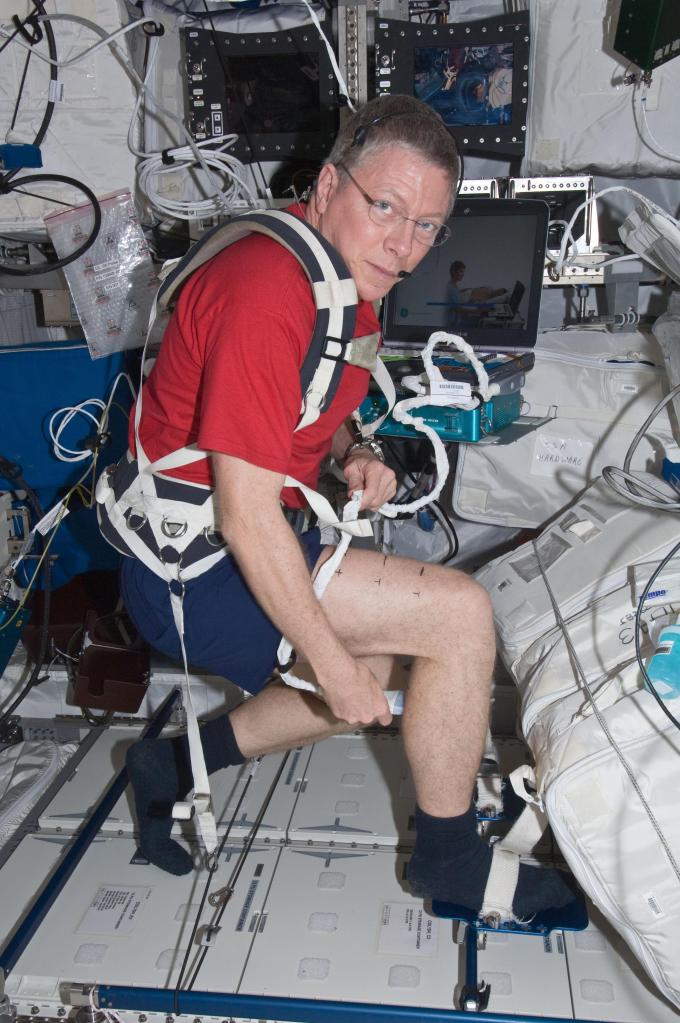
Flexible Ultrasound
An advanced ultrasound system providing non-invasive diagnostic and therapeutic imaging capability.
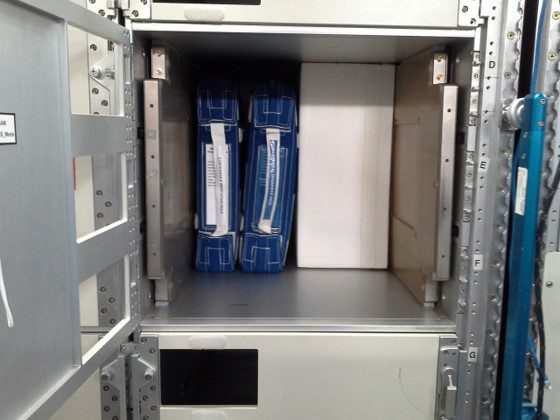
Medical Consumables Tracking
A system to enable autonomous medical inventory management would help users locate items efficiently for quick use in emergency situations.
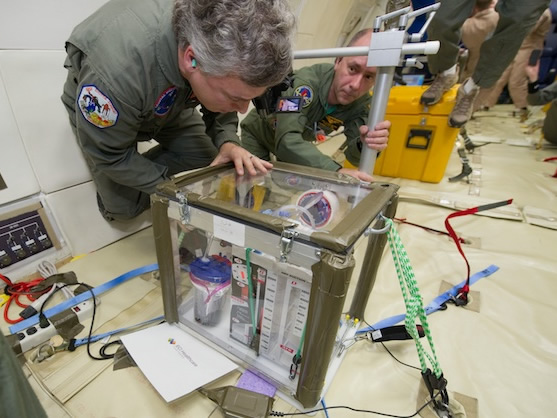
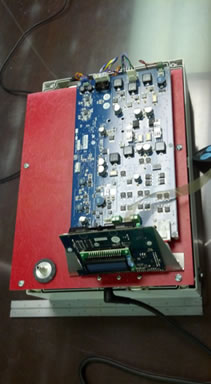
Medical Oxygen
A technology to deliver concentrated oxygen to crew members in the event of a spacecraft emergency.





























